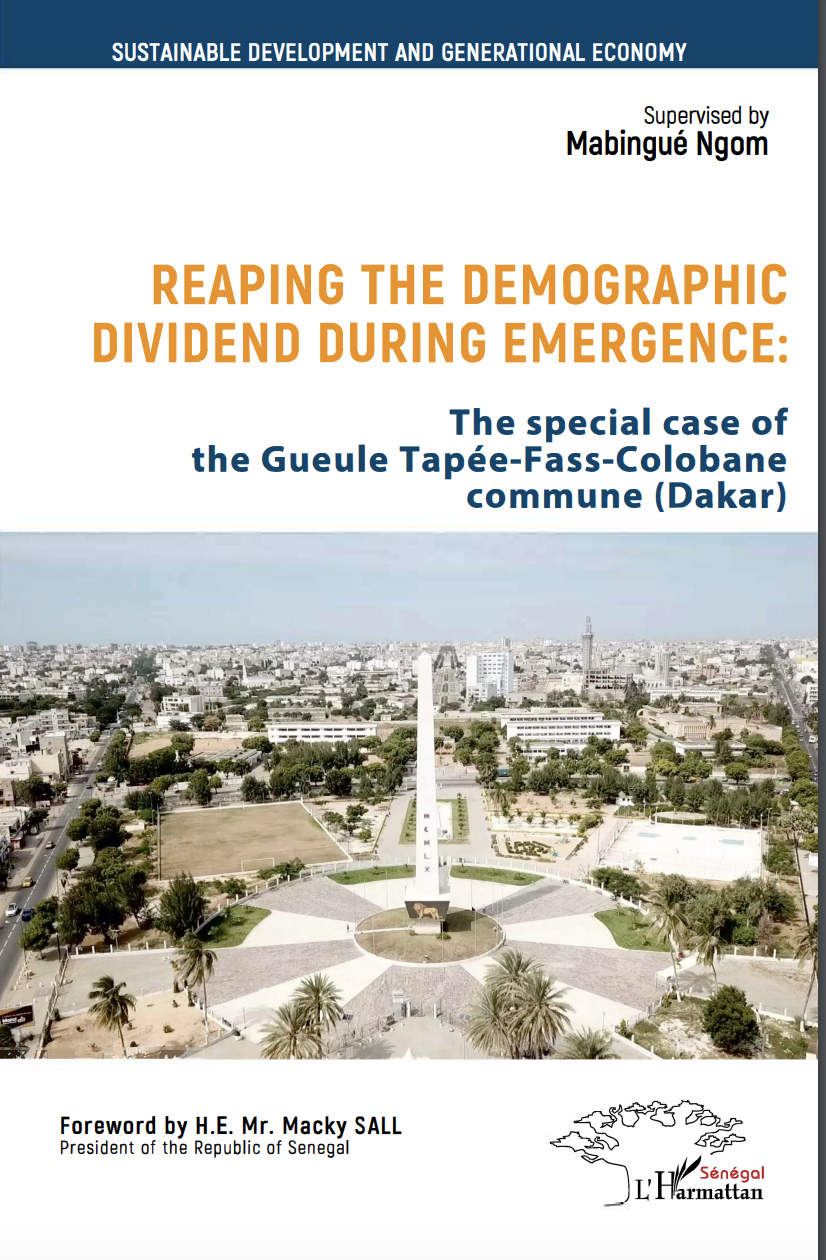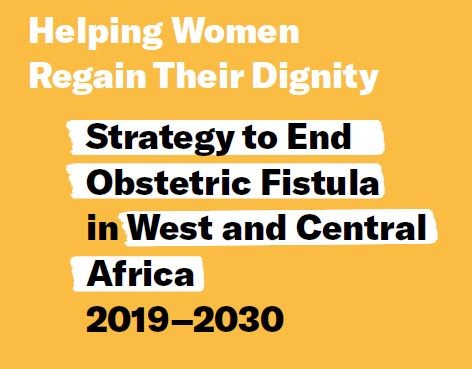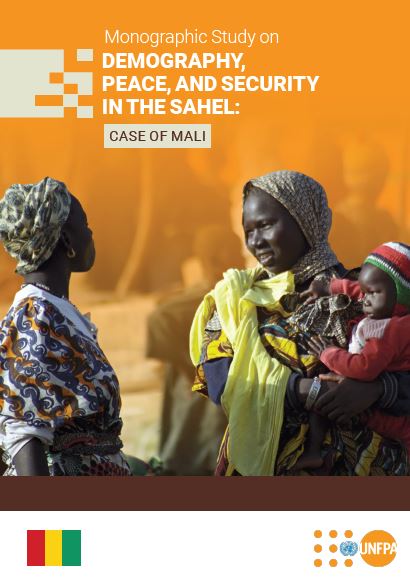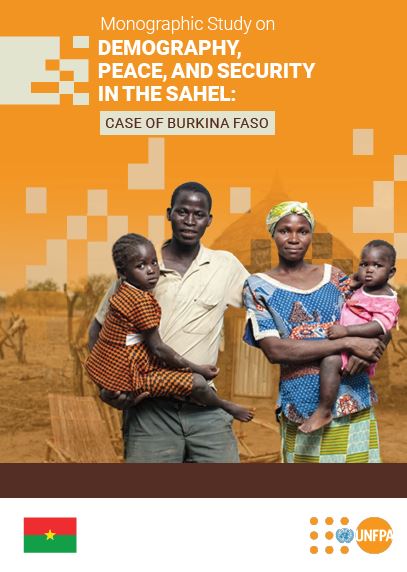You are here
New Releases

Reaping the demographic dividend during emergence
The book documents the process of setting up and implementing the Demographic Dividend project tested in Gueule Tapée-Fass-Colobane. It is the culmination of a long process of hard work. Produced under the direction of the Regional Director of the United Nations Population Fund (UNFPA), Mr. Mabingue Ngom with a preface by the Head of State of Senegal HE Mr. Macky Sall, the postafce is written by the Mayor of Fass Gueule Tapée Colobane, Mr. Ousmane Ndoye and Ms. Safietou Diop from the Siggil Jigeen network.

Helping Women Regain Their Dignity
Helping Women Regain Their Dignity
Strategy to End Obstetric Fistula in West and Central Africa 2019–2030
Obstetric fistula is an abnormal opening between the urinary and genital, genital and digestive and/or genital, urinary and digestive tracts, resulting from prolonged labor during childbirth. It can lead to the uncontrolled loss of urine and/or faeces and other complications such as dermatitis of the vulva and thighs, urinary tract infections, sexual dysfunction and infertility.

Voice of Lake Chad
The data, evidence and our experiences compel us to think that peace, security, stability and the development of the countries around Lake Chad remain essentially dependent on the acceleration of a demographic transition, without which we will continue to see rapid increases of an unmet social demand.


Is Demography a threat To peace and security in the Sahel?
The increase in various forms of violent conflicts across sub-Saharan Africa has led scholars and policy makers to raise questions about the correlations between demography, peace and security. In regions such as the Sahel, peace and development have in recent years been threatened by increasing internal and cross-borders security challenges including armed conflicts, extreme terrorist attacks (by jihadist groups such as Boko Haram, Al Qaeda, or IS- affiliated groups, and the separatist Tuareg rebel) and organized crime. Precisely, the region has observed a devastating surge in terrorist attacks, with its so-called Sahel countries like Mali, Niger and Burkina Faso witnessing terrorist-related casualties increasing five-fold since 2016 (UN News, 2020). The situation is further exacerbated by environmental degradation, poor governance, and massive influx of migrants from other sub-Saharan African states.

Demography, Peace and Security: Perspectives for a resilient Central Sahel
Edited by Mabingué Ngom, UNFPA Regional Director for West and Central Africa, with a preface by His Excellency Mahamadou Issoufou, President of the Republic of Niger, this book deals with a vital demographic issue in the Sahel.

Mali: Monographic Study on Demography, Peace, and Security in the Sahel
Mali’s geographical position in a Sahel that has been plagued by insecurity for many years exposes the country to security instability that is aggravated continuously by attacks by non-State armed groups present in the region, including jihadist groups, armed bandit groups, and community vigilante groups, particularly in the border areas with Algeria, Burkina Faso, and Niger. As a result, Mali has been experiencing instability and conflict period since the military coup of 2012 and the north of the country’s occupation by armed groups.

Understanding the Sahel through its History, Geography and Socio-Demographic and Security Challenges
“The contemporary world has undergone a number of upheavals, perhaps the most significant of which are those relating to population. These upheavals, although a priori falling within the field of demography, have transcended this discipline by questioning the paradigms of economists, political scientists, sociologists and beyond”. So begins a study by the École Nationale de la Statistique et de l’Administration Économique [National School of Statistics and Economic A – ENSAE].

Niger: Monographic Study on Demography, Peace, And Security in The Sahel
Administratively, Niger is subdivided into 8 regions, 63 departments and 266 communes and covers an area of 1,267,000 km2 with four ecological zones from south to north: the Sudanian tree-covered savannah zone, the Sahelian zone, the Sahelo-Saharan zone and the desert zone (two thirds of the country). It is bordered to the north by Algeria and Libya, to the east by Chad, to the south by Nigeria and Benin, to the west by Burkina Faso and to the north-west by Mali. Niger is thus landlocked and has no outlet to the sea. The closest port to its capital city is almost 1,000 km away.

Burkina Faso: Monographic Study on Demography, Peace, And Security in The Sahel
UNFPA WCARO commissioned a monograph on “Demography, Peace and Security” in Burkina Faso to inform debates on the relationship between demography, peace and national security. It is important to note that while the direct causes of the majority of these crises should be explored in unemployment and poverty, the scarcity of resources, the scale of social inequalities and poor governance, demographic factors must be taken into account urgently and such factors are being increasingly referred to in the literature,
which has sufficiently established that there is an (as yet unquantified) interrelationship between demography, peace and security.